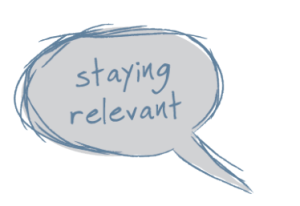
Recently I have been reading or listening too different understandings of innovation ecosystems. Some fuse and some confuse.
All have some merit but are not defining enough for me, so here is my take.
So to kick things off lets offer a clear definition of what an innovation ecosystem is and why it is important in today’s business environment?
Defining Innovation Ecosystems:
Definition: An innovation ecosystem is a dynamic, interconnected network of diverse actors and resources that collaborate to drive innovation and create value.
Continue reading “Defining Innovation Ecosystems and working on the differences”



 Let’s admit it, our middle management needs a radical makeover, a new fitness regime to make us far more innovation fit.
Let’s admit it, our middle management needs a radical makeover, a new fitness regime to make us far more innovation fit.

